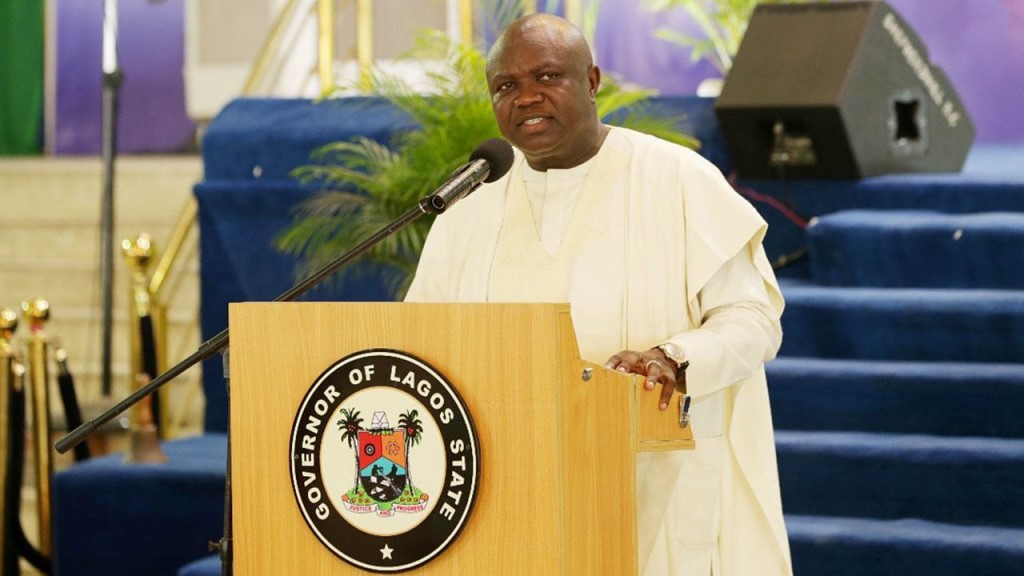Bold, Brave and audacious, Phonsina in this interview, talks about her strategy towards promoting Sexual Reproductive Rights of Women in Congo, and also her role in the deconstruction of Africa’s Patriarchal systems. Excerpts:
Africa’s patriarchal systems have provided an outlet for Sexual and Reproductive Health and Rights to be a major issue; what has been your experience working with women to create awareness?
Globally, almost all societies today are patriarchal where the man holds primary say in the household. Patriarchy in its own definition is ‘The rule of the father’. In developing countries, this is a major issue for women to fully and freely exercise their Sexual and Reproductive Health Rights. This patriarchy fuels stigma in the society oppressing women. We have communities where women are denied access to contraceptives due to marital status. Women do not have autonomy over their own bodies where it is believed that ‘your body belongs to the man’. Masai girls still face early marriages, teen pregnancy in Congo has been normalized in the society and trending complaints about ignoring the ‘Boy Child’ has been rampant with criticism to shut down created safe spaces for women. Organizations are stigmatized for empowering women and adolescent girls on their reproductive health. Legislation oppresses efforts to openly discuss sensitive Sexual and Reproductive Health issues and lack of adequate Comprehensive Sexual Education throughout the continent. Lack of women representative in parliament also fuels the patriarchal system. Joining forces with other organizations to create a network of sexual and reproductive health and rights activists is how we empower women all around sub-Saharan Africa, through sharing of knowledge, experience sharing, capacity building and working towards a common goal. We hope to expand the network even further and hopefully be present throughout the African Continent.
Kenya’s First Lady, Margaret Kenyatta, recently called for a holistic solution to challenges facing women and girls in the country, while launching the Menstrual Health management program in Nairobi; what level of support and commitment are you receiving from government to support your work?
The government does not support our work to ensure full Sexual and Reproductive Health and rights for adolescent girls and women. It is unsure where the First lady stands due to launched initiatives and anti-choice programs that are not in favor of Comprehensive sexual Education. The government on the other hand wants to go as further as restricting contraceptive discussions in Comprehensive Sexual Education.
Are there specific experiences that have helped in fostering your resolve to promote SRHR awareness in Congo?
We are mapping out SRHR grassroots organizations to create a network of organizations, groups and individuals working in sexual and reproductive health for activism and advocacy towards the women’s movement in Congo. Project ideas are being thought out with local organizations to strategize on how to expand Sexual and Reproductive Health for women and adolescent girls in Congo.
Africa is home to the world’s youngest population with about 60% of her young people within the ages of 18-25, and projected to double by the year 2050; what do you think is the implication of a growing population without a commensurate growth in jobs and employment opportunities?
Low access to contraceptive is observed in many communities throughout Africa and abortion in many cases is illegal and punishable. These restraints take away a woman’s autonomy and choice to have or not to have children. Africa has a very patriarchal culture where it is glorified for a man to have many children and the decision to family size is supported by culture to be the say of the man, leaving the woman at the mercy of the men. This belief is being adopted by the younger generation where adolescent girls believe that childbearing is an act of love. To prove a man that you love him, you must have a child with him. Stigma and misconception around contraceptive is also observed where a woman with information would rather deny herself access to the service.
What are the talking points for you during EDD program for 2018?
- Sexual and Reproductive Health Rights as a key component for SDGs 2030.
- Adolescent girls and women’s access to Sexual and Reproductive Health information and Access to services.
- Sexual and Reproductive Health Rights of Women and Girls
How would you say your project is helping to favorably influence policies and also create awareness in Congo?
We hope that by creating awareness, policies will be reformed. We do this throughout Sub-Saharan Africa through capacity building of activists working tirelessly to ensure that women and girls sexual and reproductive health and rights are valued at the forefront of sustainable development. A research project to run throughout Sub-Saharan African countries part of the Network will help build evidence on women’s needs and find solutions that woman will fully own. Solutions that will meet their needs. This evidence is expected to be used for Advocacy and policy reform in the different countries.
There has been a clamor for opening up of the space for more young people in Africa’s political scene; do you see this as part of the solution to the continents’ leadership challenge?
Youths are the most affected by most issues that are facing our continent and the youth’s voices go unheard because of lack of representation. Since the youth are best placed to understand the youths, they should then be included in politics to voice out concerns affecting youths and take action to solve these issues.


